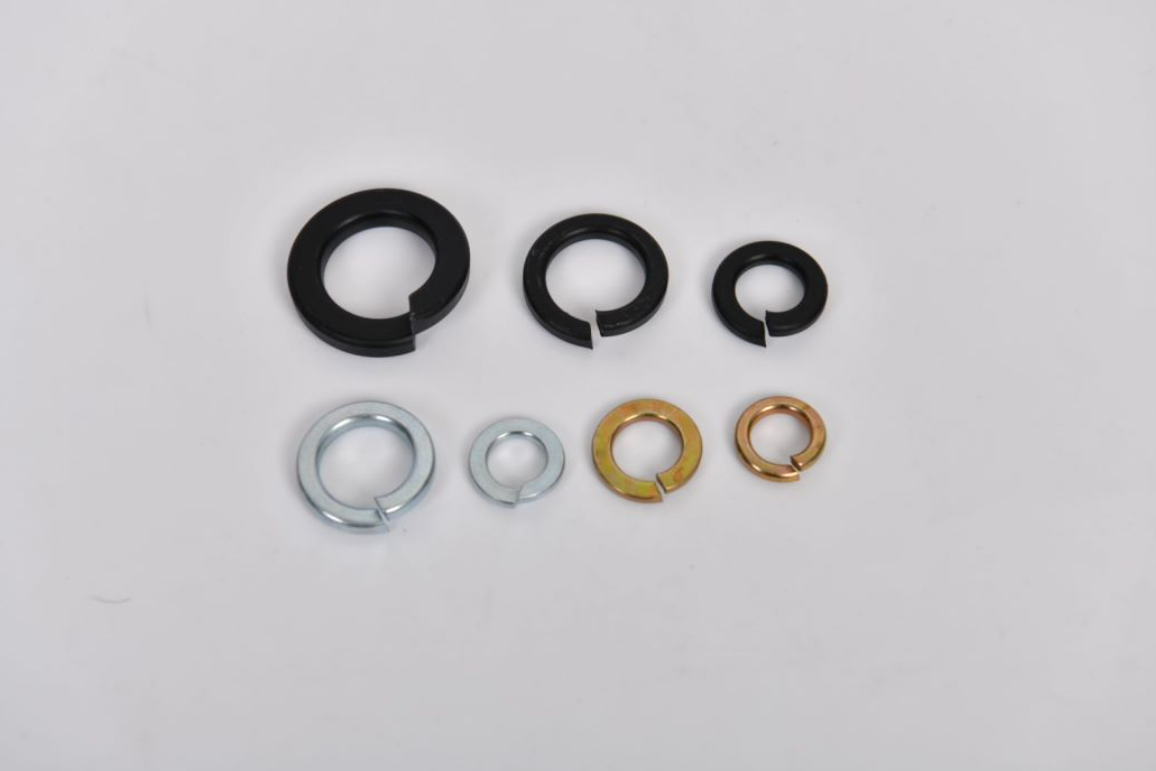drywall vs wood screw
Drywall Screws vs. Wood Screws Understanding the Differences
When it comes to home improvement and construction projects, selecting the right type of screw can significantly impact the durability and strength of your work. Among the various types of screws, drywall screws and wood screws are two common options that serve different purposes. Understanding the differences between these two can help you make informed decisions for your projects.
Drywall screws are typically made of hardened steel and are designed specifically for fastening drywall sheets to wooden or metal studs. They usually have a thin, sharp tip to penetrate drywall easily, while their threads are spaced further apart, which helps grip into the drywall without tearing it apart. The head of a drywall screw is often flat or bugle-shaped, allowing it to sit flush with the surface of the drywall.
On the other hand, wood screws have a thicker, more robust construction, designed for joining pieces of wood together. They come with a sharper tip for easier penetration into wood fibers and feature deeper threads that help create a strong bond. The head of a wood screw can be round, flat, or Phillips, depending on its intended use, making it versatile for various woodworking applications.
2. Purpose and Applications
The primary purpose of drywall screws is to attach drywall to framing. They are engineered to avoid stripping and provide a secure hold that minimizes the risk of damage when applying joint compound over the seams. While drywall screws can work with wood to some extent, they may not provide the necessary strength for heavier applications.
drywall vs wood screw

Wood screws are primarily used for joining wooden pieces, such as in furniture construction, cabinetry, and other woodworking projects. They provide a much stronger hold due to their design and threading, making them ideal for structural applications. Using wood screws in applications requiring a solid connection is essential, as they allow for more load-bearing capacity.
3. Strength and Durability
In terms of strength, wood screws generally outperform drywall screws. Wood screws are designed to withstand high levels of tension and shear forces, making them essential when constructing load-bearing structures. Drywall screws, while durable for their specific purpose, can break or strip more easily under heavy loads.
4. Cost and Availability
Both types of screws are widely available at hardware stores, and prices can vary based on brand and quality. Typically, drywall screws are cheaper than wood screws due to their simpler design and materials. However, investing in the right type of screw for your specific application can save time and money in the long run by preventing failures or the need for repairs.
Conclusion
In summary, the choice between drywall screws and wood screws hinges on the specifics of your project. If you are installing drywall, drywall screws are the appropriate choice. However, for woodworking and projects requiring greater strength and support, opt for wood screws. By understanding these differences, you can enhance the quality of your work and ensure that your projects stand the test of time.
-
Top Choices for Plasterboard FixingNewsDec.26,2024
-
The Versatility of Specialty WashersNewsDec.26,2024
-
Secure Your ProjectsNewsDec.26,2024
-
Essential Screws for Chipboard Flooring ProjectsNewsDec.26,2024
-
Choosing the Right Drywall ScrewsNewsDec.26,2024
-
Black Phosphate Screws for Superior PerformanceNewsDec.26,2024
-
The Versatile Choice of Nylon Flat Washers for Your NeedsNewsDec.18,2024










